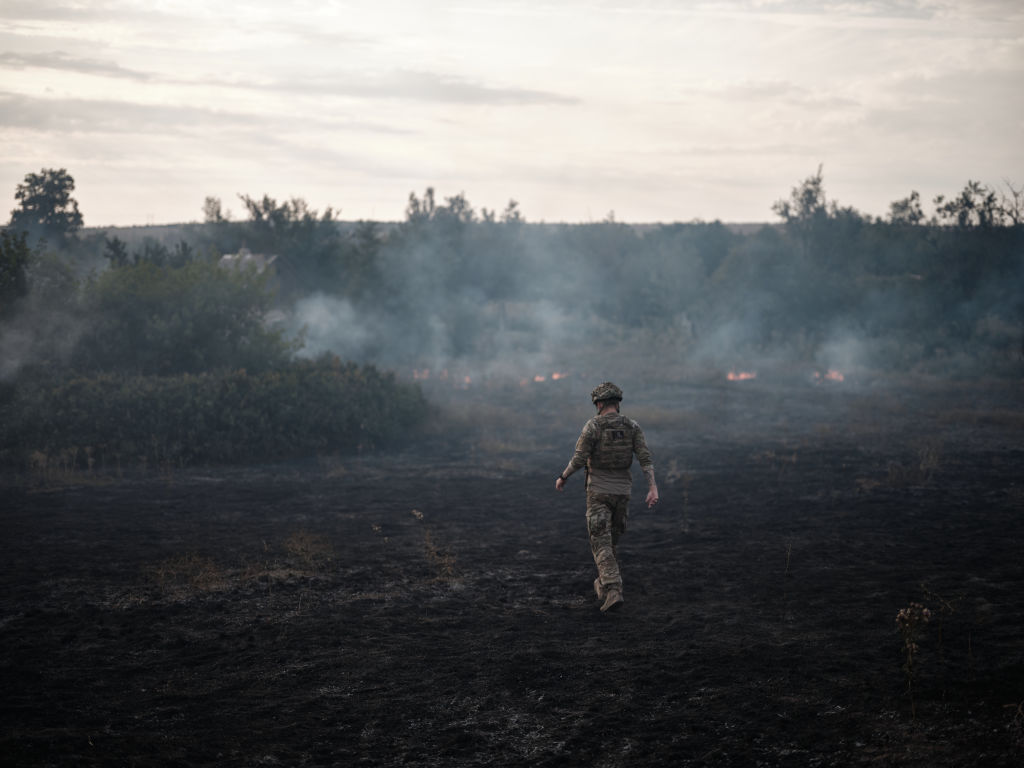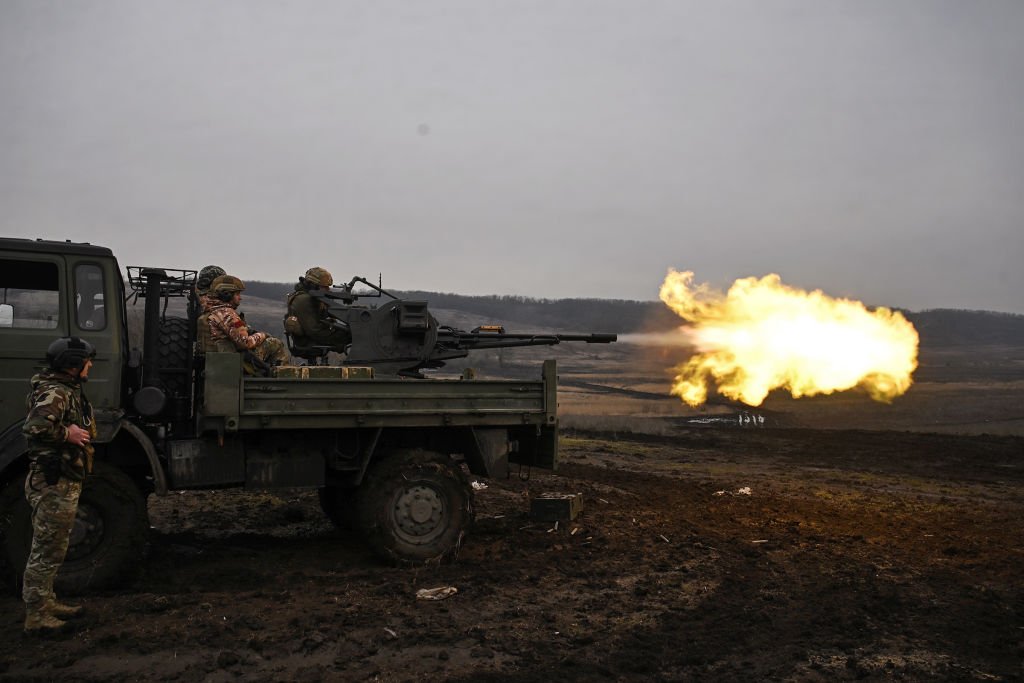Russia is trying to knock out Ukraine’s energy infrastructure ahead of the winter to leave it dark and in the cold, the European Union’s foreign policy chief Joseph Borrell has said.
“It’s clear that Russia wants to put Ukraine into the dark and the cold. Following Russia’s attacks against energy targets, Ukraine’s energy production capacity has been reduced by two-thirds,” Borrell told reporters at a press conference on September 24 in New York.
He said Kyiv’s Western allies needed to step up in providing air defences for Ukraine.
“We have to support Ukraine not only providing military capacity, but electricity production capacity. Otherwise, this country will be facing a very hard time in winter,” he said.
Since Russia’s full-scale invasion in February 2022, Ukraine’s energy system has been targeted, resulting in rolling blackouts and limited electricity supply to some regions for hours each day.
Those attacks have ramped up in recent weeks ahead of the winter.
Ukraine’s electricity supply shortfall could reach six gigawatts this winter, about a third of the expected peak demand, the International Energy Agency said in a report published on September 19.
European Commission President Ursula von der Leyen on September 20 announced a loan of up to €35 billion for Ukraine’s economy and military, saying it was needed to defend the country against Russian attacks and help it get through the winter.
“Both things have to be done at the same time,” Borrell said. “It doesn’t make sense to provide with an electricity generator today if it has to be destroyed tomorrow.”
He said Russia was continuing to get new weapons and pointed to Iran specifically.
“It’s clear that Russia has been receiving new arms, in particular missiles from Iran,” he said.
“This is what we believe, even if Iranians deny it, but it looks like it.”
Tehran and Moscow have dismissed reports about Iran sending ballistic missiles to Russia.
Western officials are also expected to hear what Ukrainian President Volodymyr Zelenskiy has to say during his visit to the UN General Assembly where he has said he would outline what he called a “Victory Plan”.
“Ukraine has to improve the military situation in order to go to the peace negotiations in a good way, in a position of strength,” Borrell said.
“The Victory Plan is about how to conduct a war. The Peace Plan is about how to get peace.”





